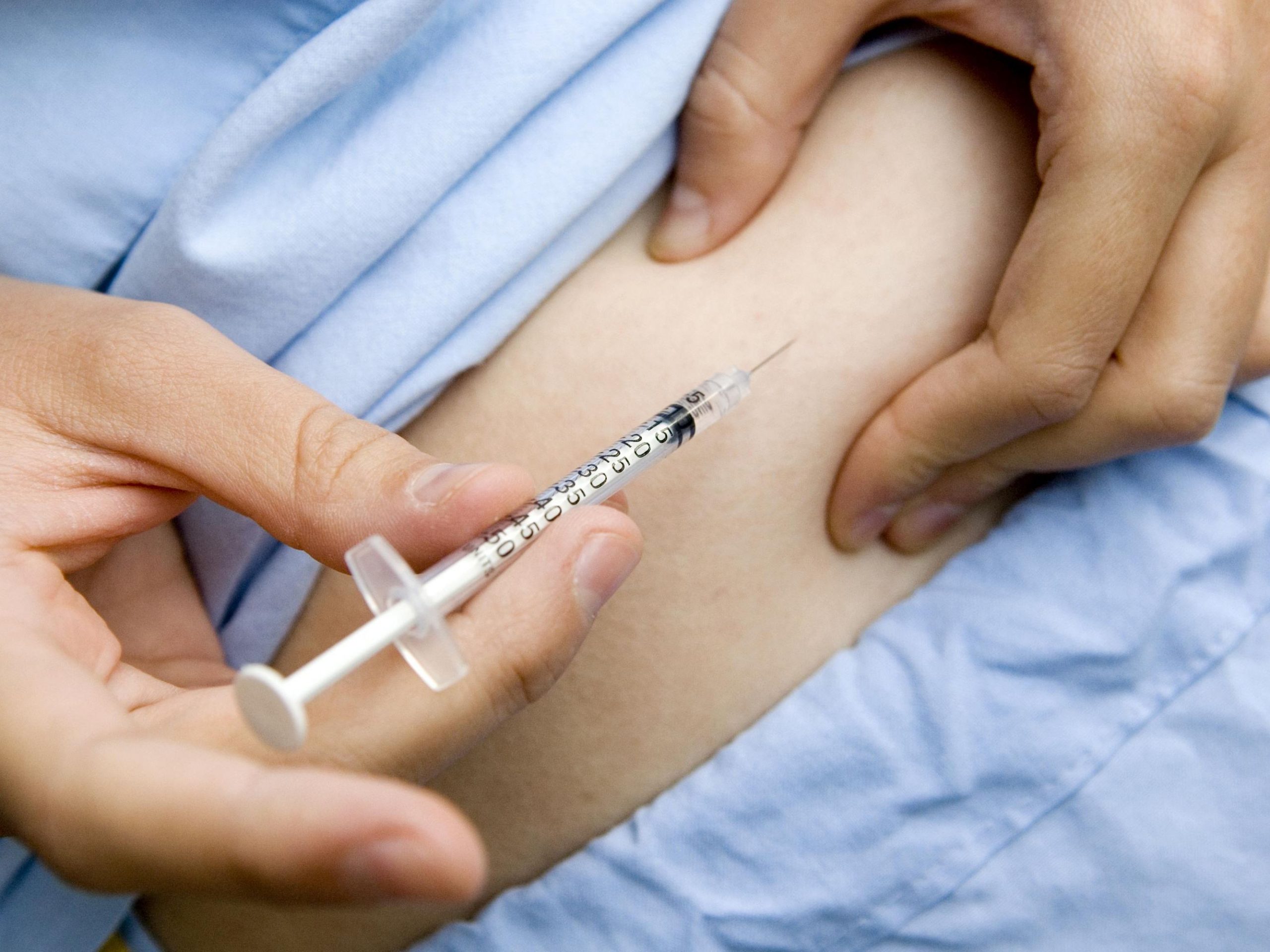
Endocrinologist
Diabetes | hypothyroidism | Growth Hormone | Hormone deficiencies | Osteoporosis
Prader-Willi Syndrome contributes to a whole host of endocrine disorders, such as diabetes and hypothyroidism. Individuals with Prader-Willi Syndrome require close management with an endocrinologist throughout their lifespan, from infancy to adulthood.
Patients with Prader-Willi Syndrome develop hypothalamic dysfunction which may lead to several endocrinopathies, including growth hormone deficiency (GHD), hypogonadism, hypothyroidism, central adrenal insufficiency (CAI), and poor bone mineral density (BMD). In addition to hypothalamic dysfunction and lack of satiety, individuals with Prader-Willi Syndrome have lower resting energy expenditure. Thus, increased risk for obesity which may be complicated by metabolic syndrome and type 2 diabetes mellitus (T2DM).
Replacement of sex hormones during puberty may result in development of adequate secondary sex characteristics (e.g., breasts, pubic hair, a deeper voice).
Infertility was believed to be a characteristic of all adults with PWS until 1999, when for the first-time a pregnancy was reported in a woman with PWS who had a deletion 15q. Subsequently, another four women with PWS becoming pregnant have been documented worldwide. At least two of the children are healthy and without genetic abnormalities, and two have Angelman syndrome, but little clinical information is otherwise available about the children. As of this writing, there have been no reports of fertility in men with PWS.
Hypogonadism with low levels of sex hormones (oestrogen in women and testosterone in men) is very common in people with Prader-Willi Syndrome. A complicated interaction between hormones from the hypothalamus, the pituitary and the ovaries in women or the testes in men, regulates the levels of sex hormones. A normal level of hormones and a normal function of involved glands is necessary for sexual development and fertility. Thus, a dysfunction in any of these glands will result in hypogonadism and decreased/absent fertility. Moreover, sex hormones are important for the development of secondary sexual characteristics, body composition, bone mineral density and quality of life.
Sex hormone replacement can be important and a treatment option that should be considered. This type of treatment is not mandatory for life and is not feasible for all. Fertility will not be gained by treatment with oestrogen or testosterone, but in both genders sexual hormone replacement may be important for developing an adult appearance, for bone mineral density and muscle and organ function, altogether leading to an improved quality of life.
Human Growth Hormone (HGH or Growth Hormone GH) has been shown, in multiple studies, to be beneficial for those with Prader-Willi Syndrome (PWS). The use of Growth Hormone has become standard care when prescribed by an experienced endocrinologist.
Previously, it was thought that introducing Growth Hormone potentially could increase the severity of scoliosis, since scoliosis progression is most evident during periods of rapid growth. A long-term study reported at a Paediatric Endocrinology meeting in 2019, looked at the incidence and severity of scoliosis in children with PWS treated with GH. This study showed no difference in the prevalence of scoliosis. However, the severity of scoliosis was modestly better in children who received GH (less curvature), perhaps because of more/stronger muscles in those who received GH. The research, “Effects of eight years growth hormone treatment on the onset and progression of scoliosis in children with Prader-Willi syndrome,” was presented in September at the European Society for Paediatric Endocrinology in Vienna, Austria, and published in the journal Hormone Research in Paediatrics.
